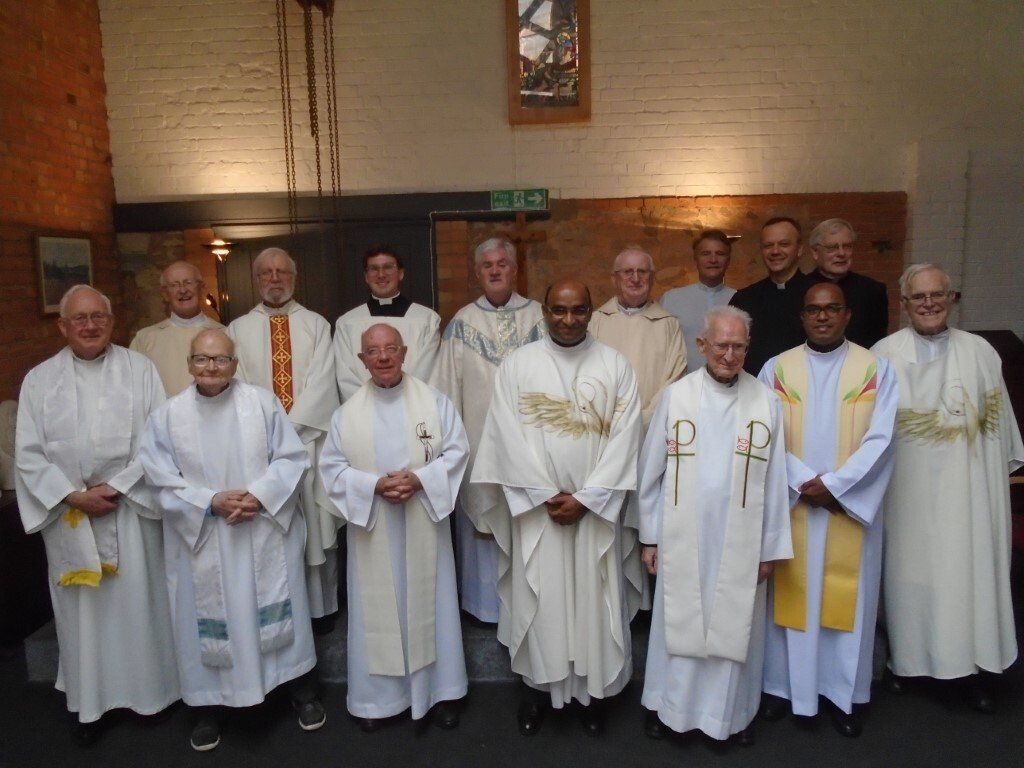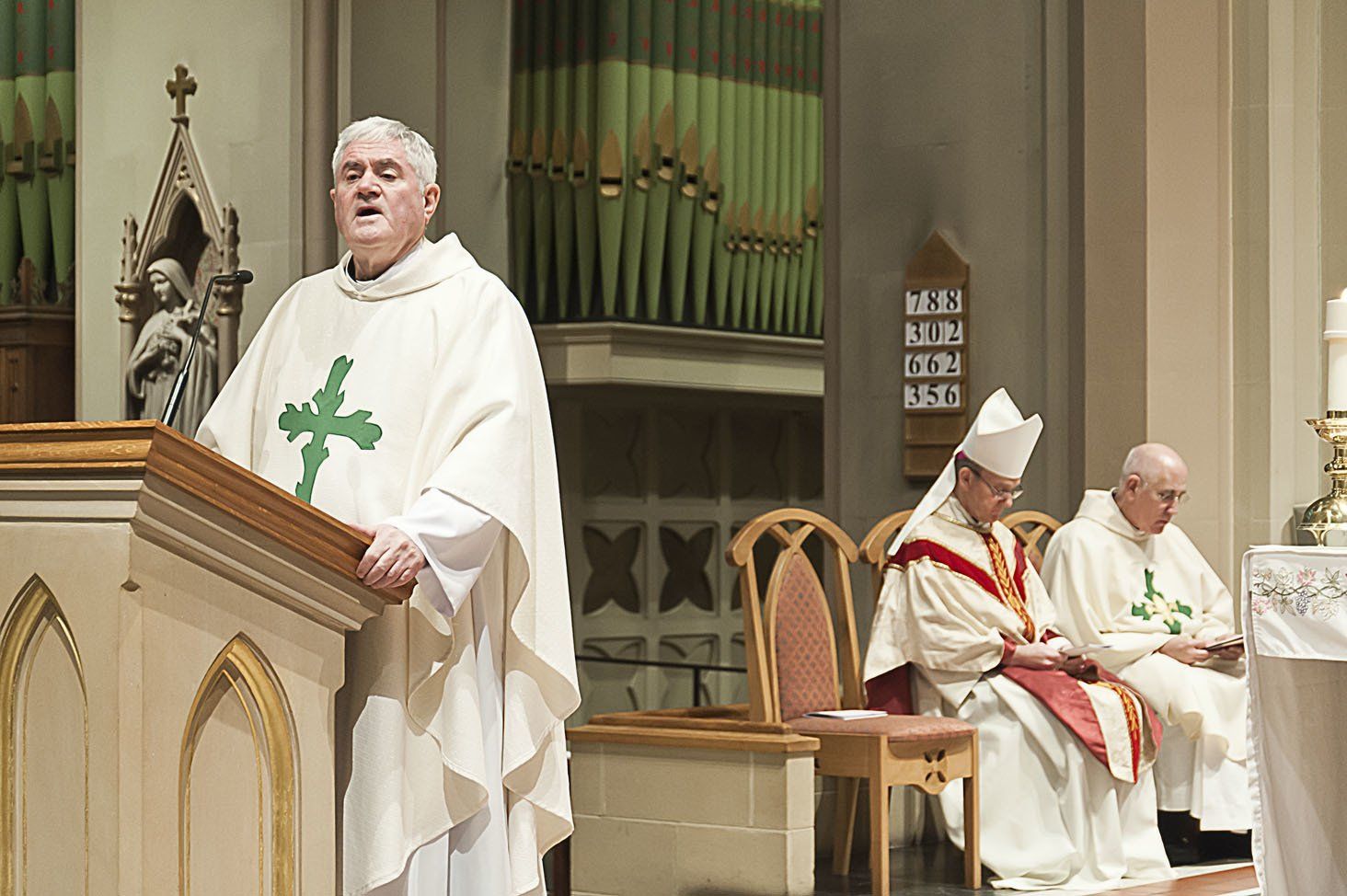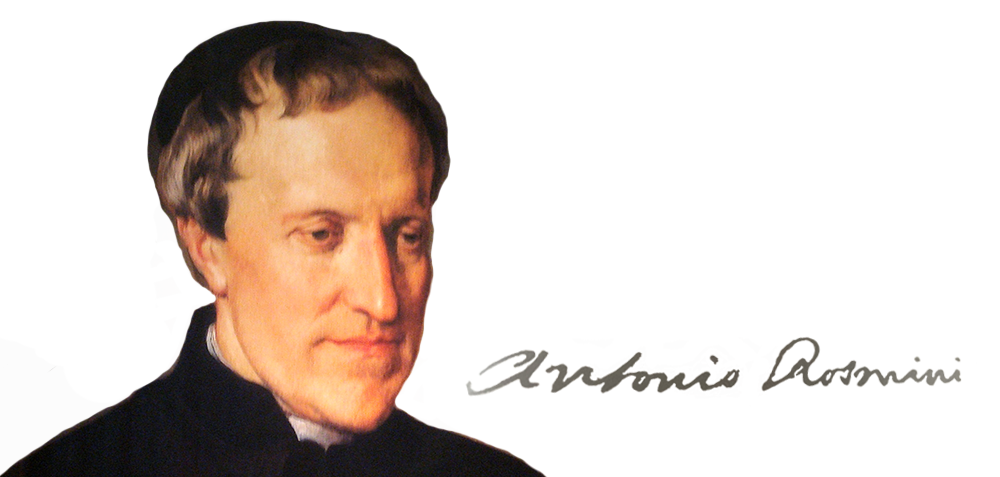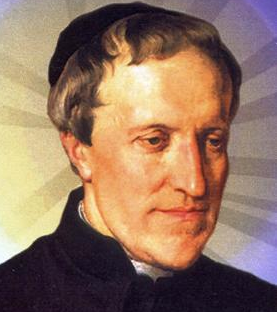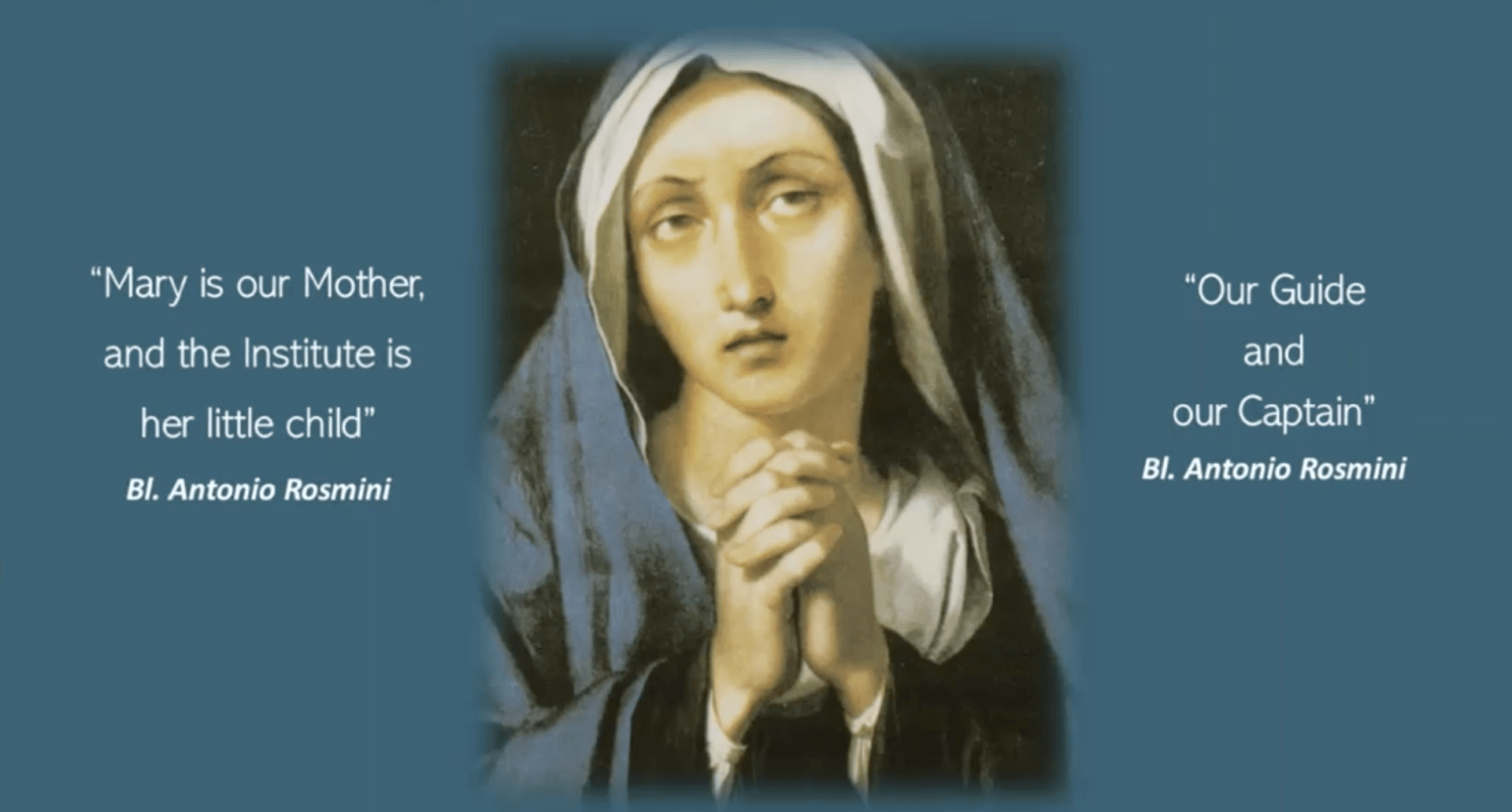Venerable Antonio Rosmini
An insight and Summary of the Cause of Antonio Rosmini
The following brief reflection may help the reader to understand and participate more actively in this milestone
While venerability is often explained as a step along the way to Beatification (when the person in question is declared ‘Blessed’), the specific significance of the title Venerable – understood in relation to the Christian virtues – should not be glossed over. To do so would be to miss a part of our spiritual journey which accompanies the Cause.
The decree of recognition of heroic virtue marks an important ‘change in gear’ in the long and involved process which may eventually lead to canonization. The Cause has moved from being a diocesan process (thus local; the Bishop of the Diocese in which the person died initiates the Cause) to being an apostolic or papal process and thus of universal importance. The Pope himself instructed the Congregation of Saints to recognize Rosmini’s life of heroic virtue.
This change is not just a procedural detail. The shift from a local to universal focus echoes on a spiritual level and resonates through our witness. We, as it were, ‘let go’ of Father Founder as ‘ours’ in order to rejoice with the universal Church in welcoming Rosmini into the company of those whose life of holiness is deemed an inspiration for all – as a treasure to be shared, a model of life to be imitated. So, the fruit of all the prayers and petitions offered humbly by generations of Brothers, Priests and Sisters, Ascribed and friends of Rosmini, - accompanied at times by moments of pain, disappointment and hurt – is not just ‘for us’ but for the universal Church, for all people and all societies.
This ‘letting go’ is of course nothing like a severance. If anything, it calls for a deeper knowledge and love of Father Founder, and one with a public face. For it is to the Daughters and Sons of Rosmini, that the Church - individuals and groups - will now turn simply to say: tell us more. The lives of the Saints never remain private; as reflections of the face of Christ, they are sought out, and their insights and stories rightly shared and told
But let us return to the process. What does the decree actually say? Following a very thorough inquiry into the holiness of a Servant of God (one whose Cause has been initiated) it declares that he/she has practiced all the virtues - three theological and four cardinal - in heroic degree. In short, the decree confirms that the person in question reached the holiness necessary for beatification or canonization.
And what does to an heroic degree mean? It is not a simple pass or fail test! Nor, obviously, is it something completely unattainable or beyond us; ‘Venerables’ show us an achievable way. It is about setting out along the path of integrity and perfection and resolving to stay the course, notwithstanding the mistakes, regrets, trials and obstacles (cf. Mt 5:48; 1 Th 4:3). In contrast to what many people think about virtue and holiness, at least on first reaction, the Church has sought to underline their ‘earthiness’. Pope Benedict XV (1914- 1922), reviewing the process of Canonization, insisted upon the connection between heroic virtue and the duties of a person in ordinary daily life. He spoke of the need for constant faithful fulfilment of these duties and obligations. Pius XI (1922-1939) picked up on the same theme and again emphasized that heroic virtue was to be sought in the ordinary things of daily life. Indeed he warned against a false, unreal, counterfeit piety. John Paul II also underlined the practical dimension of holiness, describing it as a task incumbent upon every believer. It is, then, to give content and shape to the quest for holiness that we turn to the lives of the Venerables, Blesseds and Saints.
As regards the virtues themselves it is not our intention to go into detail here. The Catechism of the Catholic Church (nos. 1803 – 1829) is an easily accessible reference which explains them clearly: the three theological virtues of faith, hope and charity, and the four cardinal virtues of prudence, justice, fortitude and temperance. Furthermore, Fr Claudio Papa, the Postulator of the Cause, has published in Charitas an article on Rosmini and the virtues as has Fr Eduino Menestrina (see September 2006 edition).
But one question we can consider here is: Why now? From public condemnation in 1887 to the 2001 Nota of the Congregation of the Doctrine of the Faith which cleared the way ahead from a doctrinal point of view, to the pontifical recognition of Rosmini as Venerable in 2006. Of course there is no single answer to that question which can be explained only in reference to God’s Providence and human intrigue. But if the gift of holiness is a task which shapes the whole of Christian life and a duty which concerns every Christian (cf. Pope John Paul II Novo Millennio Inuente, 30), then we might ask what duty or task is asked of those drawn to live a Rosminian spirituality? Again, there is no single answer. But perhaps we can approach this question by answering another. In the anglosaxon world it is not uncommon to hear the comment: not more blessed and saints, surely not another Italian (or Polish) Founder or Foundress. How can we respond? Such lamentations, though wanting, are understandable. Often they are aired in the context of discussions expressing the desirability of having more lay people canonized saints or the need to have saints with an international appeal. So, where does Rosmini and Rosminian spirituality fit?

